It’s hard to overstate the importance of Wizardry to gaming. Some of the most known developers in the business like Hironobu Sakaguchi and Yuji Hoori, of Final Fantasy and Dragon Quest fame respectively, name it their main inspiration for their creations. And after playing Digital Eclipse’s lovingly put together reworking of Wizardry: Proving Grounds of the Mad Overlord, the first game in that legendary series, that becomes quite clear.
If you’ve played any form of turn-based RPG, it’s very likely you experienced Wizardry in some way. The fundamental elements that constitute classic role-playing games from various generations are definitely evident here, and while not completely one-for-one in every single little detail, it’s evident that this has been influential and most importantly, revolutionary, in the way it played back in 1981. That was nearly 43 years ago!
The basic premise is what some would consider cliché these days, but considering it was the first of its kind, certainly not the case here: as part of a merry band of adventurers you are tasked by the overlord to recover a lost amulet that was taken deep underground by a rogue wizard. It’s up to you to put together your party by either creating your own characters or selecting from a pool of pre-rolled ones and dive in headfirst into darkness.
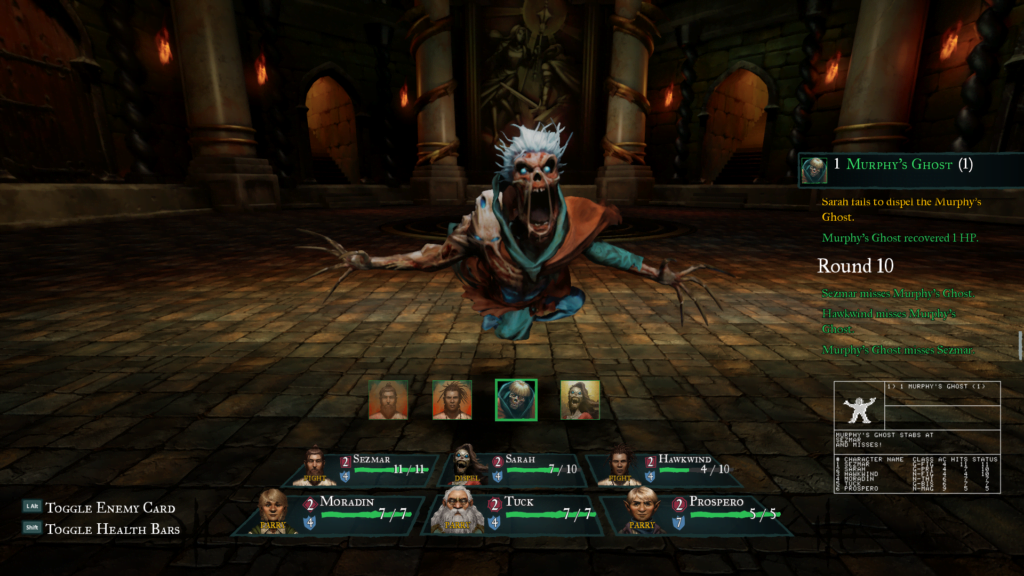
Wizardry is first and foremost a first-person dungeon crawler wherein you take your group and explore an unmapped location full of dangers in the form of traps and deadly creatures that come in all shapes and sizes. The closest analog to it in modern gaming would probably be the Etrian Odyssey series. Both have you slowly unravel the complex structure of the dungeon, hopping back to town, resting up and upgrading gear, all the while leveling up and becoming stronger, or simply replacing party members as they die off during your haphazard spelunking.
Digital Eclipse’s recreation of the original game is simply superb. The amount of options at your disposal is just plain ridiculous, allowing you to craft your experience to your liking, whether you want it to be purely old-school, something more contemporary, or anywhere in between the two. From ticking the amount of health one has to disabling the ability to resurrect your party altogether and other literally game-changing boxes, the vast number of tweaks is truly astounding. It’s not surprising to see that they even had to go back and make changes to the original game’s code in a fundamental way in order to let you play it as it were but with more flexibility and choice. They’re so in-depth that no two playthroughs of the game are the same when fiddling with these, making this package’s replayability go up through the roof at the click of your mouse.
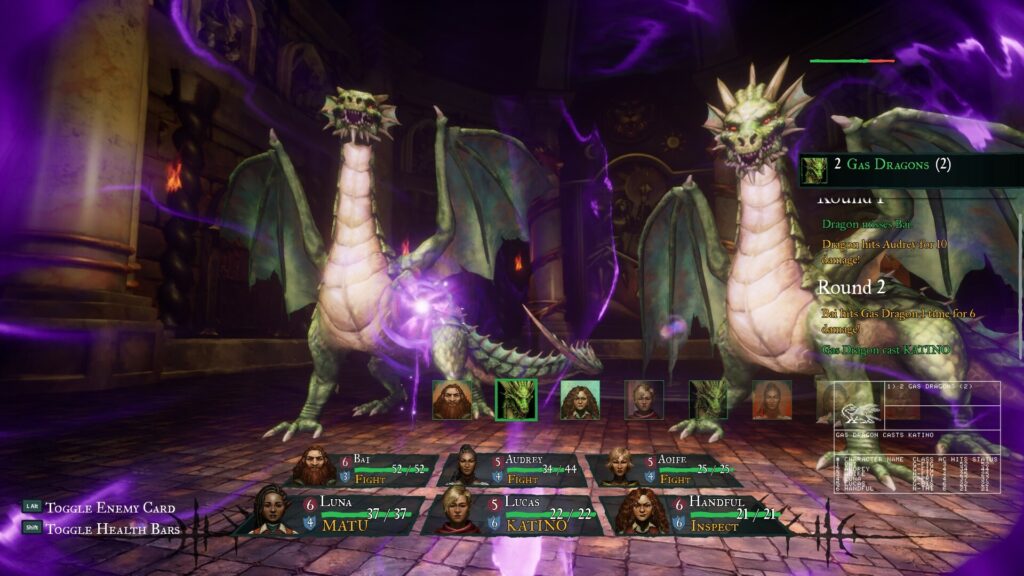
Knowing the team headed by Mike Mika and their previous work bringing back watershed moments in gaming in the form of Atari 50, The Making of Karateka and Llamasoft: The Jeff Minter Story, I’m not shocked to see that Wizardry happened to be next on their radar, but after experiencing a more encyclopedic affair with those, it’s really heartwarming to see their care into translating an old but still incredibly present title like it. We’re talking about a game that’s remained prevalent for more than four decades, either through its own franchise, which is notably huge in Japan, where new titles have been released for years and are major sellers, or by its design ideas that are iterated on by other games.
Seeing Wizardry: Proving Grounds of the Mad Overlord making a comeback in the form that it’s been done so is absolutely emotional to me as a videogame fan, and even more so as someone who is into RPGs. Discovering and getting to play the thing that inspired some of my favorite games ever and seeing just how deeply it played into those is just jaw-dropping.
And none of that would be possible if not for the downright amazing work done by Digital Eclipse. Regardless of your tastes in gaming, this is a re-release that is most definitely worth everyone’s time, if not only to come to appreciate where gaming is now and where it spawned from and how current something like this can be when cared for in the way that Wizardry has been here.


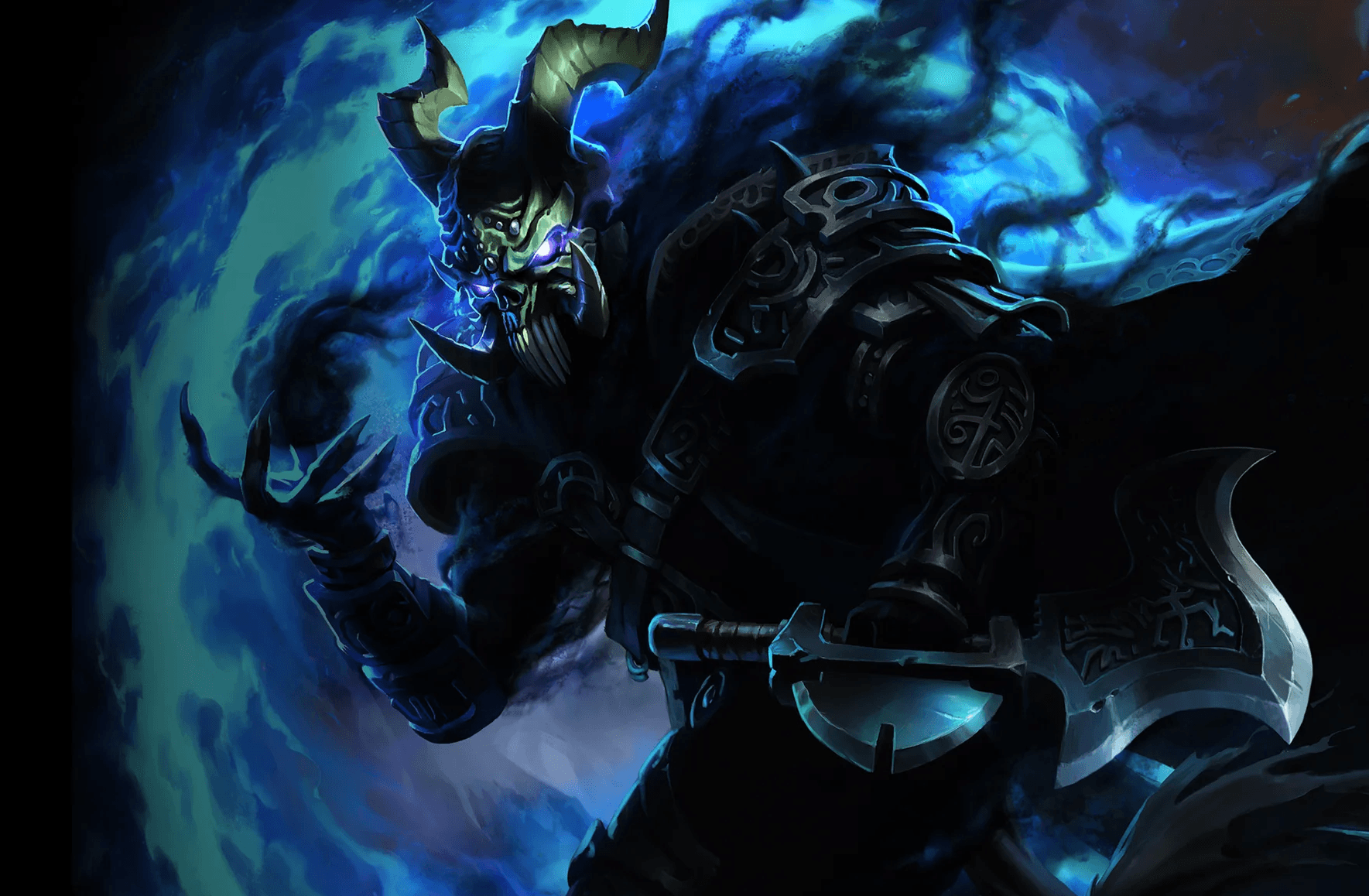
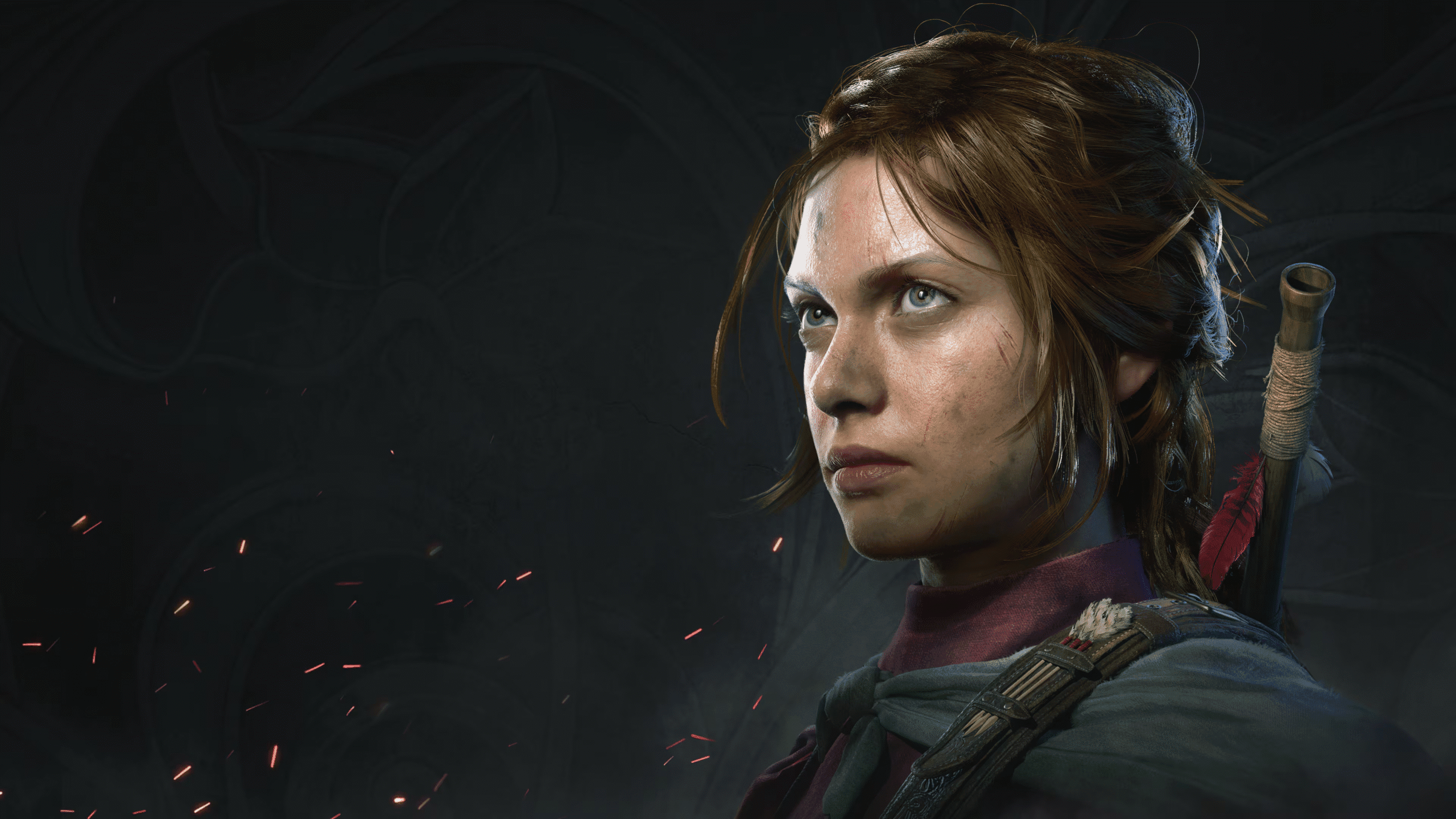
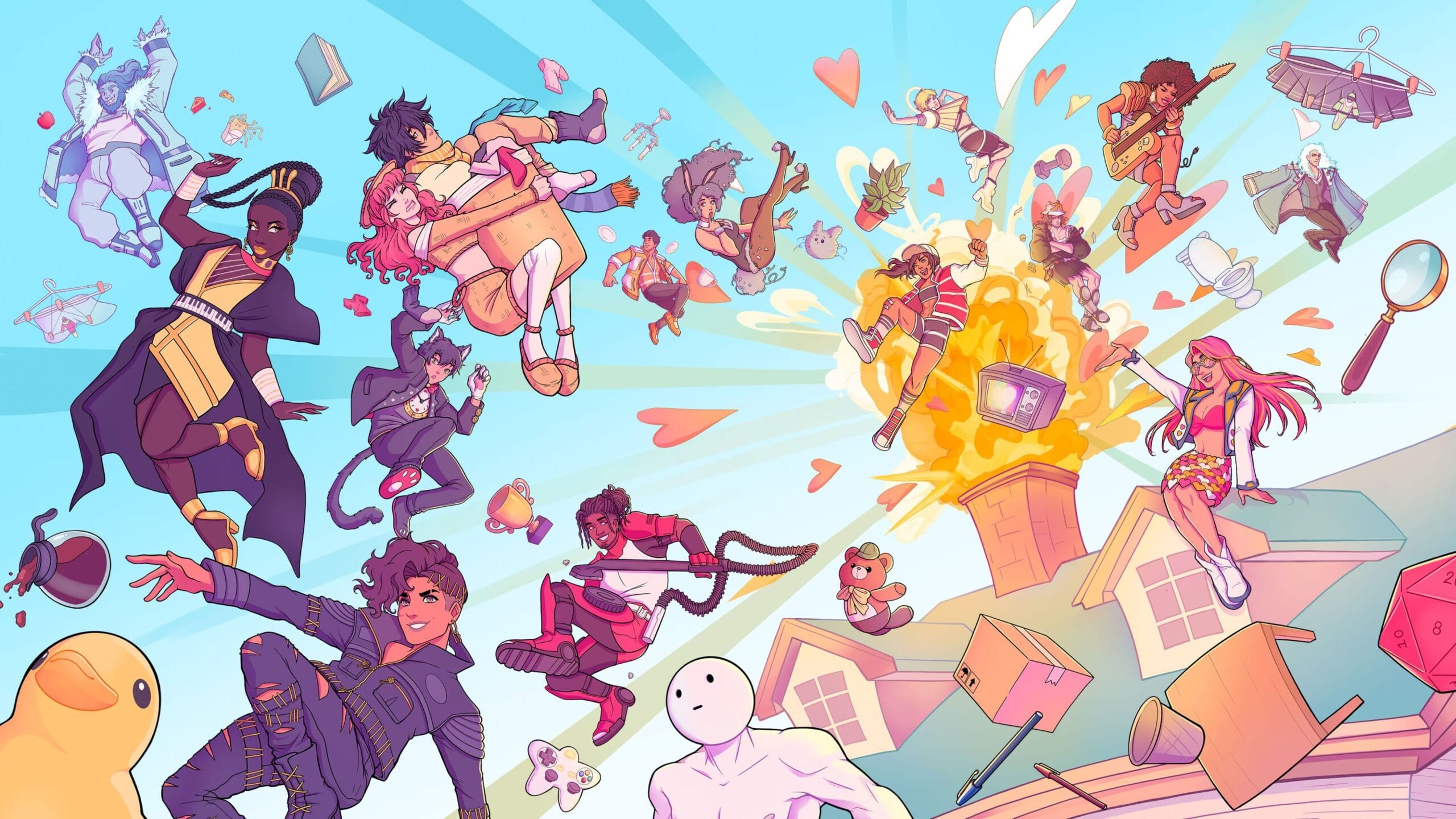

I look forward to checking out this remake. Wizardry wasn’t quite the first of it’s kind, it was directly influenced by PLATO game Oubliette https://howtomakeanrpg.com/r/l/g/oubliette.html